

It started with a disruption at the posh Royalton Hotel in Negril three weeks ago.
By early last week, it was everybody’s business that the contagious industrial action disease had struck at Secrets Resorts in Montego Bay. Before that smoke had settled, Iberostar Hotel, also in MoBay, was the scene of another dispute between management and workers.
All three had one thing in common: employees and others who contribute to the sustenance of Jamaica’s tourism industry were throwing bags of dirty laundry at the public in demonstrating that they were underpaid. There were other matters involved too, but in the end, money was the major item on the agenda.
The big question is, which group of workers on the various properties that exist in Jamaica, will throw down their working tools and demand better conditions by which to exist?
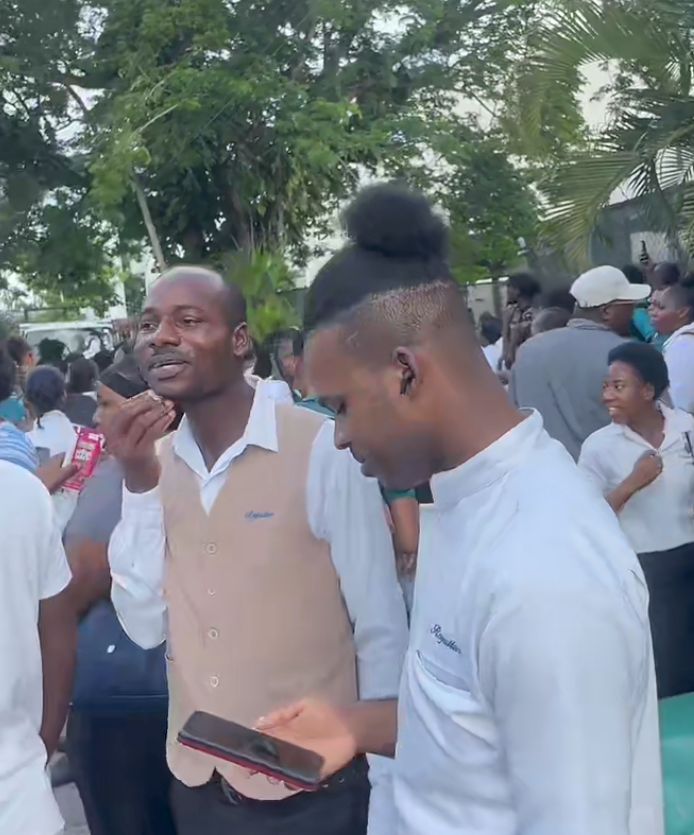
For it seems like the workers at Royalton, a delightful resort, have now laid the basis for others to follow.
One of the unfortunate things in an industry that is in the top two foreign exchange earners for Jamaica, is that a vast number of workers are not represented by trade unions in most of the resorts that exist.
Whenever I stay at a hotel and get to ‘reason’ with the average ‘down to earth’ worker, they often complain about the conditions under which they function, which include low wages and salaries, long working hours, lack of tips in some of the all-inclusive properties; difficulty going back home after work, due to transportation hiccups that they did not count on happening; staff not being allowed to eat the food offered to guests, and a few other things.
Now, if workers in the hotel industry in particular, are contributing so much to the growth and sustainability of the sector, then why is it that the management teams do not recognise their true value and worth, until such matters are brought to the public?
It then seems too, that, by some kind of miracle, most, if not all the demands laid down by the workers, are met almost immediately. The conclusion may be drawn, therefore, that the hotels were in a position to do better with their staff all along.

Methinks that a comprehensive review of all work arrangements should be undertaken, not by the Ministry of Tourism, but by the Ministry of Labour and Social Security, to determine the depth and extent of the challenges that seem to be popping up like the common cold in winter.
A country’s tourism stability cannot be guaranteed if every other day an industrial dispute hits the headlines. I see the shadow minister for tourism, Senator Janice Allen voicing concern about the number of issues that have emerged at industry workspaces in recent weeks, and this matter is so serious, that Tourism Minister Ed Bartlett, under whose stewardship the sector has grown more than any other, should encourage his Cabinet colleagues to have that review sanctioned by the Ministry of Labour and Social Security.
Tourism is fickle. One disturbance at a hotel, or port, could see visitor arrivals dropping in a few heartbeats. Jamaica cannot afford that at this stage of the game of fierce competition.
Holness and under-performing, disrespectful MPs
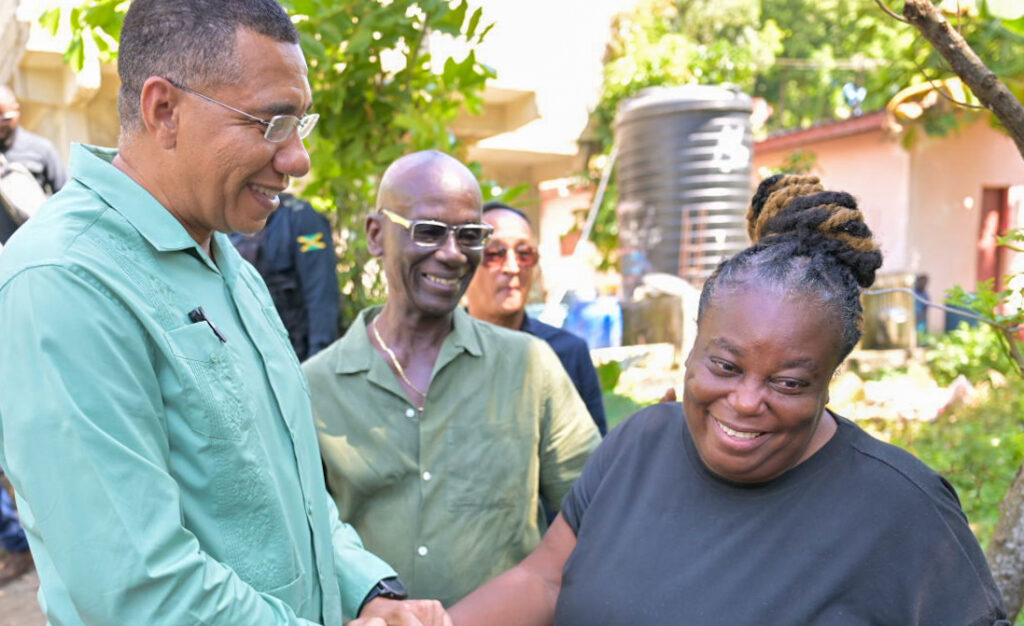
So Prime Minister Andrew Holness has called out members of the Jamaican parliament under his Jamaica Labour Party section, for effectively not doing enough to meet the demands of the people whom they represent, and in some cases were disrespectful to those who gave them confidence at the polls.
It is quite admirable that the prime minister has voiced such an opinion, or fact, as it demonstrates a show of maturity on his part, at a time when Jamaica will have elections to fill four existing vacancies, two in the Lower House of Representatives, and two at the Local Government level. The comments are even more crucial, as based upon the country’s constitution, there will be a general election in less than 10 months.
A recent poll done by the highly respected Don Anderson polling institution found that the Labour Party was trailing the Opposition People’s National Party by nine percentage points among those who expressed their intention to mark that vital ‘X’, and it would not be something that the Government would take lightly.
It will take consistent verbal, if not practical intervention by Holness, for the weak areas that he mentioned among his flock, to be patched up quickly, if the party is going to have a hat-trick of general election victories.
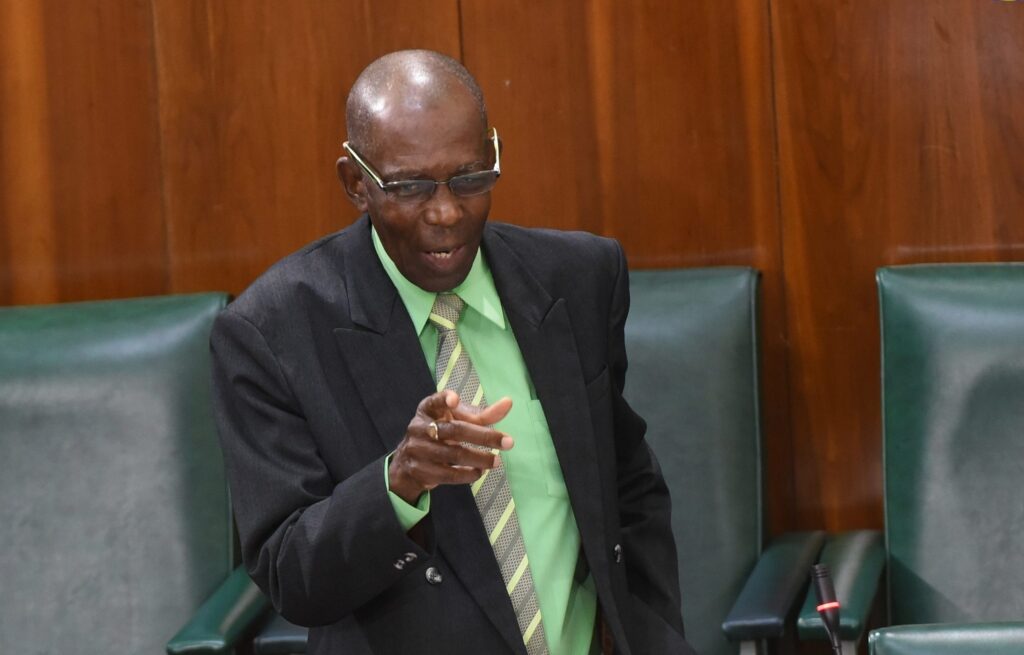
As if by spite, one day after one of his words hit the public eardrums, the people of St Elizabeth North Western protested the stewardship of longtime MP JC Hutchinson, his supporters at that, saying, among other things, that the former Knox College and Munro College outstanding footballer, and Cornell University graduate was kicking himself in the knee and not scoring the kind of goals which would make his people comfortable.
No surprises here, as I often wonder why people would vote for JC. He seems to be occupying the chair of MP since Columbus came here, pretending to discover people whom he saw happily occupying a space; and his legacy counter is quite bare.
Hutchinson is not the only one whom the Prime Minister could invite for a drink, if they can hold it, and utter a few serious words to them so that they fully understand what not only faces themselves and their future in politics but what could tear the party down.
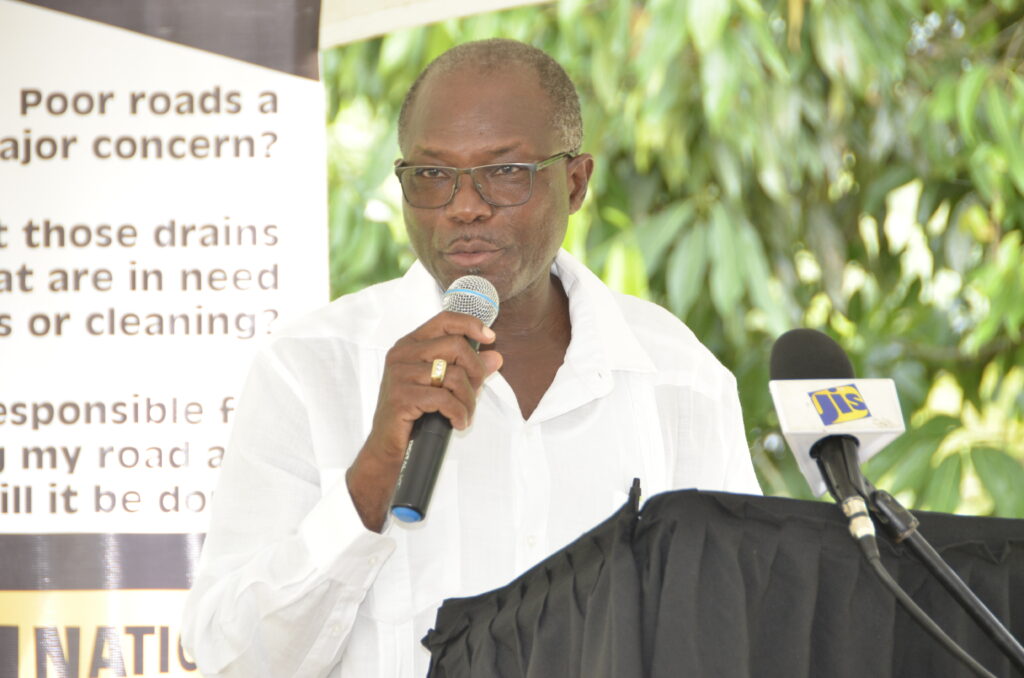
The vulgar Clifford Everald Warmington, who had said that he would not be contesting another general election, has apparently changed his mind, as is his right. But when the JLP sanctions someone like that it can send a message to the people that it does not care about respect for the dwindling number of those who deposit valuable bits of paper in ballot boxes.
There are other MPs who have dropped the ball, and they exist on the PNP’s side too. Certain things that are basic for a sitting MP. One of them is leading the charge for the provision to the people of a consistent supply of water, (not trucked) and not just the one-day-a-week foolishness that happens now in some rural communities, and sometimes that turns into every other week. Any MP who cannot give his people that guarantee should stay far from elective politics.
Seeing that roads are maintained, too, must be high on the list of priorities for a member. Too many MPs get away with doing too little, and then they are returned to office, because of the so-called ‘die-hard’ support that they enjoy.
The end for some is near.
Court cases still taking too long
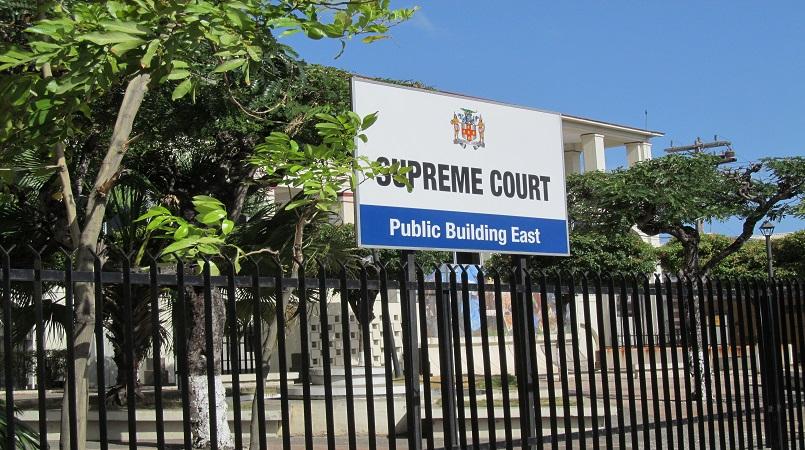
The justice system in Jamaica has made steady progress, what with the engagement of more judges over the last two decades, more pay for them, the refurbishing of courthouses, and better staff support.
The huge backlog of cases that we have become accustomed to has also decreased, judges and policymakers have told us, but there is still one matter that continues to cause us all much headache and pain in other areas of the anatomy: Far too many cases take much too long to be settled.
The example of the Keith Clarke case is one such. Over 14 years ago, Clarke, an accountant, was riddled with bullets by soldiers of the Jamaica Defence Force who had gone to his house based upon a tip, investigators said, in search of then-wanted fugitive Christopher ‘Dudus’ Coke.
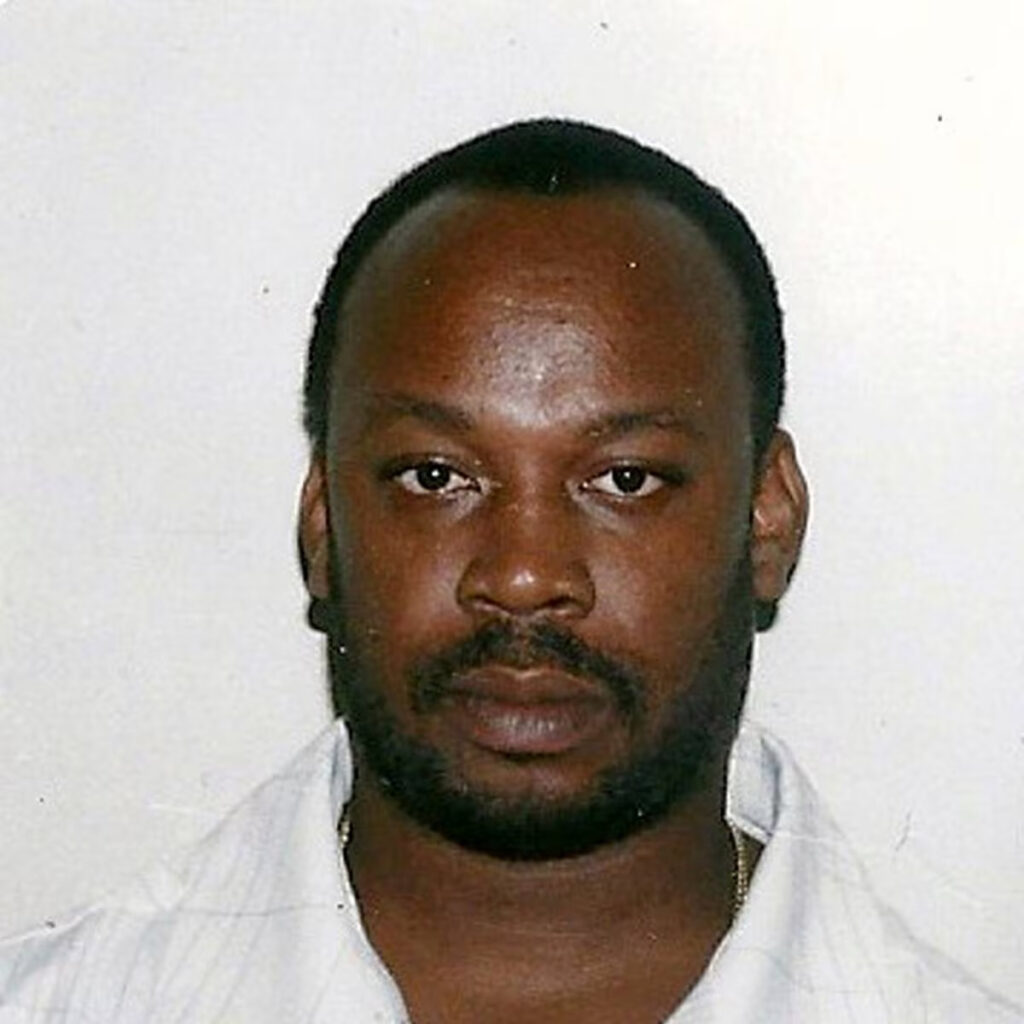
The manner in which Clarke died was vulgar, perhaps even criminal, based upon the evidence that was presented in the Supreme Court, but the men accused of pumping over 20 shots in his body, walked free, following the absence of certain bits of information; the sudden bout of amnesia by operatives of the JDF, and the passage of time which left the prosecution impotent.
I believe that Clarke was slaughtered needlessly, and the high-handed approach of the JDF team robbed Jamaica of one of its bright minds. On the street you hear all kinds of stories related to how Clarke operated, the people he knew, and so on. Even members of the Jamaica Constabulary Force will tell you, over drinks, that Clarke was ‘mixed up’…but I know otherwise.
Fourteen years to settle a matter is a body blow to justice in this country. There are many others who have been stung by the bee of injustice, all because matters were dragged out for so long, forcing judges to uphold no-case submissions due to the lack of key material that existed at the time of the incident but got lost in the system as time wore on.
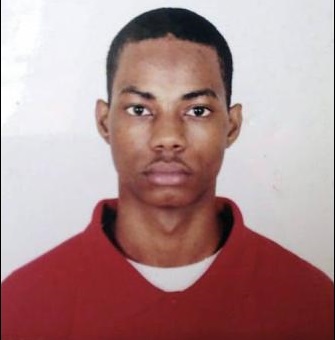
Let us see, for example, how long the Mario Deane manslaughter case, now transferred to the Westmoreland Circuit Court, will take to reach its conclusion. Deane, we must remember, was killed 10 years ago in the Barnett Street Police Station’s jail cell, allegedly by other detainees, which led to three police personnel being charged, as they were on duty at the time. The accused law enforcers were also charged with perverting the course of justice, and misconduct in a public office.
If policymakers in the justice system want the citizens of this country to gain further confidence, no court case should take longer than two years to wrap up at the trial stage. That should be a target for the near future.
Jamaica’s cricket resurgence
It’s good to see national cricket team, the Jamaica Scorpions progress in the regional 50-over championship, after disappointing performances in previous years.
It is one thing that the new administration, led by Dr Don Bennett has achieved, though in reality, the work to have steady and positive results must be stepped up.
New coach Robert Haynes, and his assistant Terrence Corke, both former national players, are capable technical personnel. It would have been good though, if the former head coach, Andrew Richardson also a retired national rep, could have been retained in the system, even as a bowling coach or advisor.
Jamaica’s cricket needs a potent tonic. Work on its application should start now.

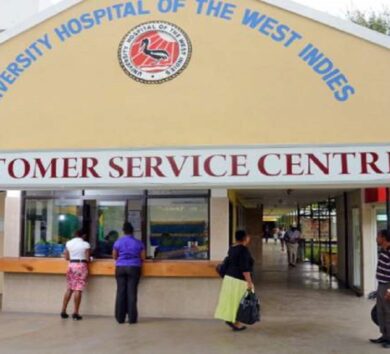





Comments